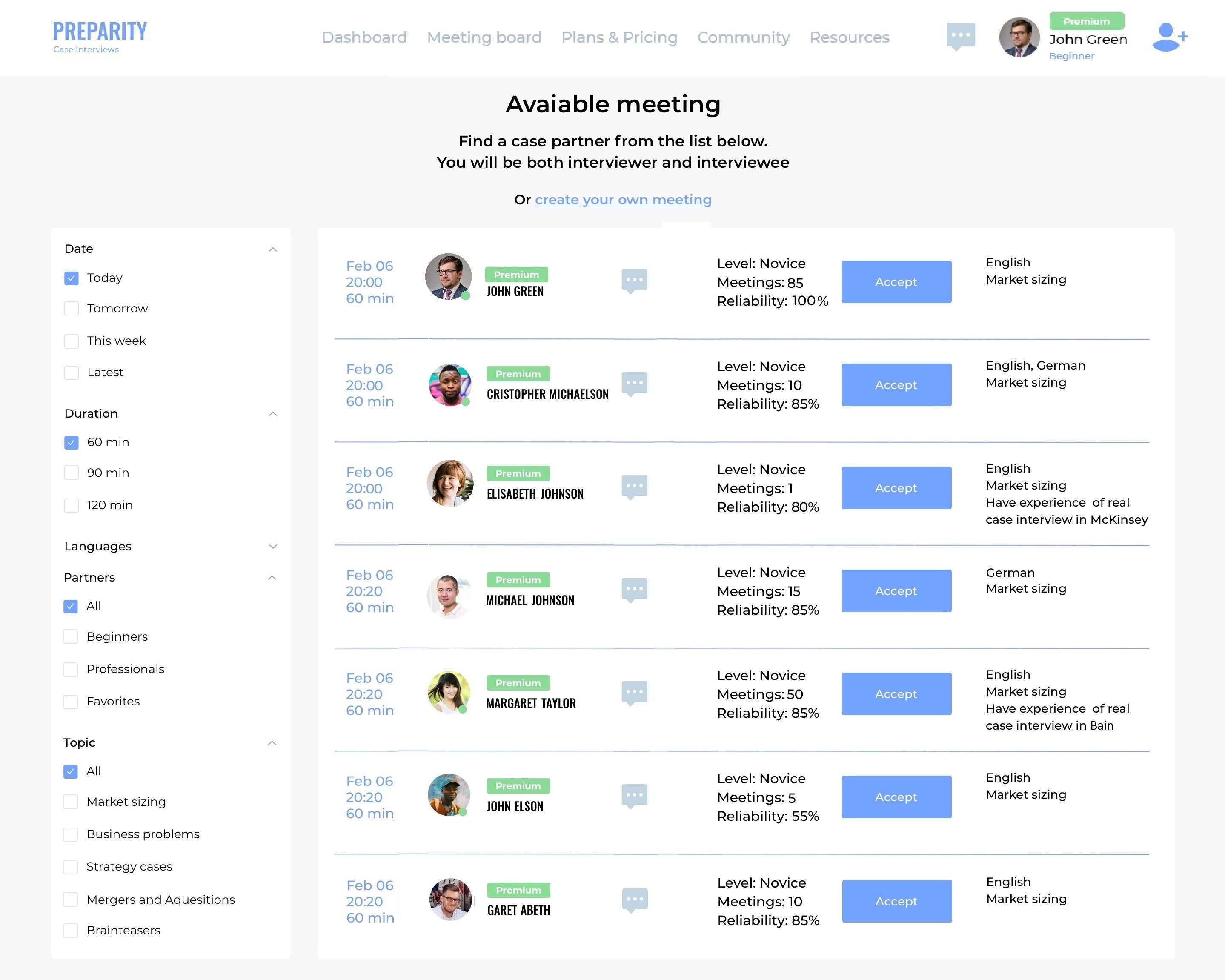
When it comes to hiring startup employees, EQ is often more important than IQ. In today's competitive talent market, equity was once a standard for all employees at a startup. It can be hard to determine a startup’s brand recognition beyond IQ.
In startup hiring, EQ is more important that IQ
Employers look for people with a higher EQ and IQ. Because EQ is a process that is constantly evolving, most companies prefer people with higher emotional intelligence to high IQ. However, EQ cannot be easily measured like IQ. EQ includes self-awareness, self management, and self regulation. It is important to pay attention to the candidate's responses to different situations as well as how they handle conflict.
EQ is particularly important in a startup environment. Leaders with high EQ will be able to connect with their team and share their struggles. This allows them to build high-performing groups. You can screen for EQ by asking candidates to answer questions about their self-awareness and relationship management.

Brand recognition can be difficult for startups hiring.
For startups, it can be challenging to get brand recognition in the early days. It is crucial for startups to clearly define their goals and keep employees informed about important milestones. For instance, startups at early stages may not be as secure and stable as established companies. This is why candidates must understand that long hours can be expected and that multiple roles might be required.
Big Tech companies recruit
If you're a startup looking for employees, it can be difficult to compete with big tech firms. However, by hiring the right people, you can have a competitive advantage over big tech companies. Here are some ways to attract the best talent. Start by using the power of referrals. Ask your existing employees to refer to you to the best applicants.
These companies are committed to their employees and provide great benefits. Visit tech events hosted globally to learn more about these companies. These events attract some the most talented people in the tech industry.
Start-up founders in the early stages
You might consider consulting an early-stage founder to help you hire the right person for your startup. An early-stage founder's perspective could be invaluable in helping you choose the right leader. Even though startups at early stages aren’t yet profitable, they have already identified a need in the marketplace and attracted investment from industry-specific investors. They will need to recruit the right leaders to turn their business into a profit-making enterprise.

It is essential to hire the right people for your startup, including co-founders. These hires will help to guide the venture's growth. These are the most important sources of talent. However, if you don’t know founders personally, it might be difficult to find the best candidates.
Multitalented employees are a great way to hire
Startups have many benefits over large companies. They can also hire people with different talents and backgrounds. These employees are able to offer a range of skills. They also have the benefit of a culture that encourages curiosity. Employees who work for a startup might be more inclined to learn new technologies through their training.
Multi-talented employees can lower risk and reduce costs. These employees are often less expensive than training two specialists because they can take on different roles. It is safer to hire one employee for a new role than to hire another.
FAQ
What is a consultant?
A consultant is someone who offers services to others. Consultant is not just a job title. It's a position where you help people achieve their goals. This involves helping them to understand their choices and making the right choices.
Consultants are experts in finding solutions to the problems and challenges that arise while working on projects. They also provide advice and guidance on how to implement those solutions.
Consultants should be able and willing to answer any questions regarding business, technology or finance, leadership, strategy, customer service, legal, management, leadership, management, law, management, law, procurement, legal, marketing, human resources, etc.
What skills do I need for consulting?
Consultants should be able to communicate effectively and have excellent analytical skills. This is essential because you will be working on projects that you don't know the details of. It is important to learn how to quickly solve problems and manage people.
Excellent communication skills are also essential. Most clients expect to hear back within 24 hours. If they don't hear back from you, they assume you aren't interested. It's crucial to keep them informed and make sure they understand everything.
How did modern consultancy become possible?
The first consultants were actually accountants who would help companies manage their finances. Because they were skilled in managing financial information, they became "accounting consulting". However, this role soon expanded into other areas, such as human resources management.
The term "consultant" came from the French word for "to advise." It was used by businessmen to describe someone who could offer advice on how to run an organization. The word consultant is still used by most business owners to refer to any kind professional advisor.
Statistics
- Over 50% of consultants get their first consulting client through a referral from their network. (consultingsuccess.com)
- "From there, I told them my rates were going up 25%, this is the new hourly rate, and every single one of them said 'done, fine.' (nerdwallet.com)
- Over 62% of consultants were dissatisfied with their former jobs before starting their consulting business. (consultingsuccess.com)
- My 10 years of experience and 6-step program have helped over 20 clients boost their sales by an average of 33% in 6 months. (consultingsuccess.com)
- According to IBISWorld, revenues in the consulting industry will exceed $261 billion in 2020. (nerdwallet.com)
External Links
How To
How to find the best consultant
It is important to first ask yourself what you expect from a consultant when searching for one. Before you look for someone, you need to be clear about your expectations. A list of what you expect from a consultant is helpful. This could include things like; professional expertise, technical skills, project management ability, communication skills, availability, etc. Once you have identified your requirements, you might consider asking friends and colleagues to recommend you. Ask your friends and colleagues if they have had bad experiences with consultants in the past. Compare their recommendations with yours. If you don't have any recommendations, try doing some research online. There are many websites that allow users to leave feedback about their previous work experiences, such as LinkedIn and Facebook, Angie's List or Indeed. Consider the ratings and comments of other candidates and use these data to start your search for potential candidates. Once you have a shortlist, be sure to contact potential candidates directly to schedule an interview. In the interview, discuss your needs and ask them for their suggestions on how you can achieve them. It doesn’t matter who recommended them to you, just make sure they understand what you are trying to achieve and how they can help.